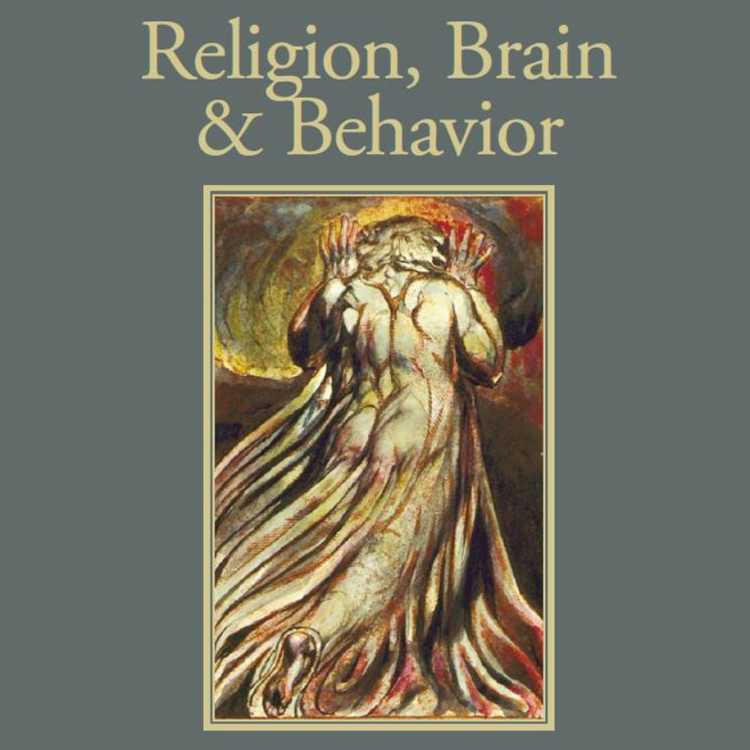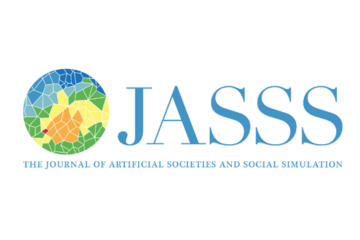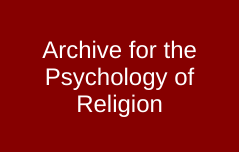Editors; Saikou Y. Diallo, Wesley J. Wildman, F. LeRon Shults, Andreas Tolk
About the book: This uniquely inspirational and practical book explores human simulation, which is the application of computational modeling and simulation to research subjects in the humanities disciplines. It delves into the fascinating process of collaboration among experts who usually don’t have much to do with one another – computer engineers and humanities scholars – from the perspective of the humanities scholars. It also explains the process of developing models and simulations in these interdisciplinary teams.
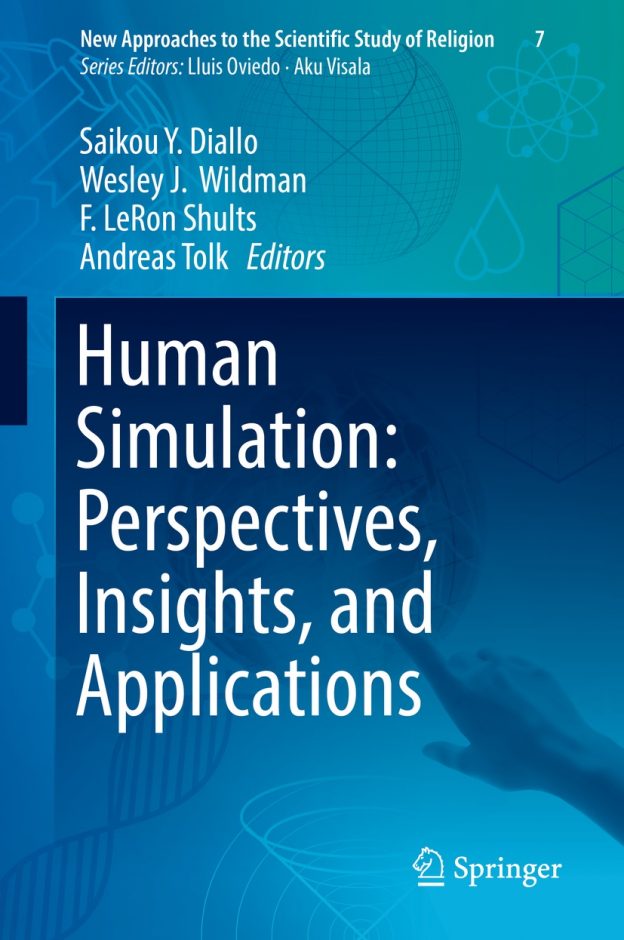
Each chapter takes the reader on a journey, presenting a specific theory about the human condition, a model of that theory, discussion of its implementation, analysis of its results, and an account of the collaborative experience. Contributing authors with different fields of expertise share how each model was validated, discuss relevant datasets, explain development strategies, and frankly discuss the ups and downs of the process of collaborative development. Readers are given access to the models and will also gain new perspectives from the authors’ findings, experiences, and recommendations.
Today we are in the early phases of an information revolution, combining access to vast computing resources, large amounts of human data through social media, and an unprecedented richness of methods and tools to capture, analyze, explore, and test hypotheses and theories of all kinds. Thus, this book’s insights will be valuable not only to students and scholars of humanities subjects, but also to the general reader and researchers from other disciplines who are intrigued by the expansion of the information revolution all the way into the humanities departments of modern universities.
Read more about the book here.
Human Simulation: Perspectives, Insights, and Applications is a new book edited by CMAC Director Saikou Diallo, Executive Director Wesley J. Wildman, and Research Associates LeRon Shults and Andreas Tolk. Chapters compiled by 18 active and experienced researchers* provide a holistic perspective regarding modeling through the lens of human simulation as a way to portray the humanities concepts in a clear and calculated manner.
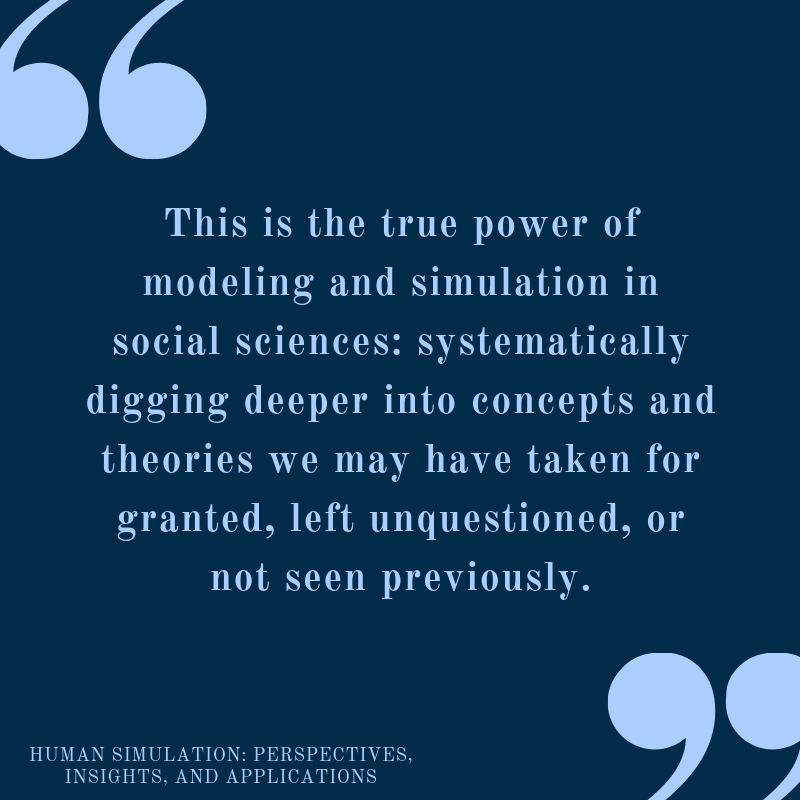
Some of the main concerns surrounding human simulation are the ethical challenges that accompany the decision to control a virtual society. Simulated research findings may lead to results that could put at-risk populations in danger, which raises concerns about the field itself and the ability of researchers can balance its limitations with its real-world impacts. These challenges are addressed in the book alongside clear examples of existing gaps in the humanities with the potential to be filled successfully and harmlessly by human simulation practices.
Human simulation has undeniable potential to expand understanding across many fields. Through its discussion of both positive and negative aspects of the emerging human simulation technique, this publication provides valuable and relevant contributions to overall understanding into human simulation as a facet of modeling, especially as a tool for researchers hoping to become more familiar with the process and all of its implications in the humanities.
*CMAC researchers published in this text include Saikou Y. Diallo, Catherine L. Caldwell-Harris, Erika Frydenlund, Justin E. Lane, Jenn Lindsay, Jose J. Padilla, F. LeRon Shults, Richard Sosis, Ann Taves, Andreas Tolk, Wesley J. Wildman, and Connor Wood. CMAC collaborating specialists published in this text include Carlos Lemos, Robert McCauley, Ivan Puga-Gonzalez, John Teehan, and David Voas.
Written by Sara Mack, Communications Assistant. October 2, 2019

